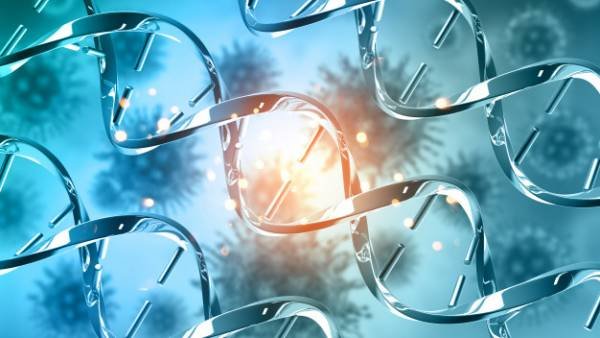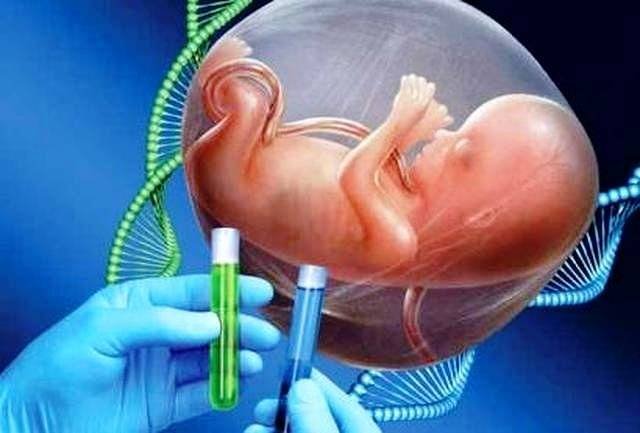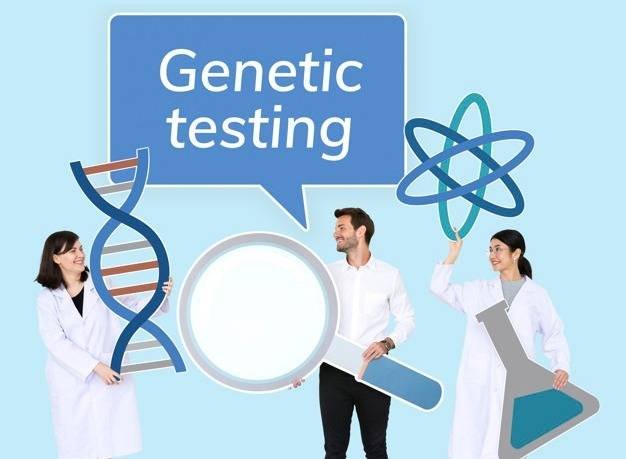Genetic CounselingTake marriage seriously
Pregnant women may be surprised by the number of tests available duringpregnancyare surprised.Blood Tests, urine tests, monthly check-ups, ultrasound testsUltrasound. Recording and documenting family medical history and other factors are vital for the health of both the mother andthe fetusduringpregnancyis crucial. Genetic testing also examines genetic diseases or disorders in children, and if your family has a history of genetic diseases, it significantly reduces the risk of such diseases. This is why pre-marriage counseling prevents many problems.
Genetic Counseling
Genetic counseling is a process that examines the health history of family members and prescribes genetic tests, evaluates the results, and helps parents make informed decisions about their future. In the health sectionSelMagzexplains thoroughly that tests are conducted by analyzing small samples of blood and body tissue. These tests determine whether you, your partner, and your child are at risk for specific diseases.

What is a gene?
Genes are made up of DNA molecules that carry hereditary information. They are arranged in specific patterns within chromosomes, creating unique traits like fingerprints.
Genes also determine personal characteristics. Women have 46 chromosomes. When an egg and sperm unite, half of each parent’s chromosomes combine. This new chromosomal combination can replicate itself and contribute to the embryo’s growth. There is a lot of information in the new cells created in the embryo. Studies show that every human has 25,000 genes in each cell. Just one mistake in a gene or a small change in DNA can lead to serious conditions and diseases.
What do genetic counselors do?
Genetic tests produce complex results. Understanding what those results mean is the role of a counselor, not yours. Genetic counselors have advanced education in genetics and possess counseling skills. These individuals hold valid credentials.
Genetic counselors help you with:
- Identifying and assessing potential risks or disorders in children.
- Explaining hereditary patterns.
- Recommending other tests and assessments.
- Describing potential scenarios.
They also explain the results to you and, if necessary, provide guidance on how to address issues. If you have never undergone genetic testing, you may be referred to a lab physician for this.

Who should seek genetic counseling?
Most couples planning for pregnancy and having children need genetic counseling. Approximately 20% of children are born with defects each year. Many of the problems that occur are treatable.
Cleft lipor clubfoot are two common types of birth defects that are often repaired via surgery, similar to many heart defects. The best time for genetic counseling is before a woman becomes pregnant. In this case, the counselor helps women recognize any risk factors, but consulting a genetic counselor during pregnancy can also be helpful.
Experts recommend that all pregnant women, regardless of their age and health status, seek genetic counseling to quickly identify issues like Down syndrome.
If you meet the following conditions, you should definitely seek genetic counseling:
- Abnormal results shown in ultrasound and amniocentesis tests.
- Each parent has close relatives with viral diseases or congenital defects.
- Any of these individuals have children with genetic disorders, disabilities, or defects in their family.
- The mother has a history of one or more miscarriages or has given birth to a stillborn child.
- The mother’s age is 35 or older at the time of childbirth, which increases the likelihood of the baby having Down syndrome.
- The race of these individuals is predisposed to genetic defects.
- Each parent is exposed to radiation, specific medications, illegal drugs, particular infections, or chemicals, raising concerns about congenital defects.

Genetic CounselingCousin Marriage
To prevent the birth of a disabled baby and one with genetic diseases, all couples, even those not related, should take genetic counseling seriously before marriage.
Many people believe that genetic counseling is only necessary when cousins marry or if there is a history of disability in the family. While cousin marriages significantly impact genetic disorders and increase the likelihood of a genetically affected child by twice, genetic disorders can also occur in non-cousin marriages. Therefore, couples are advised to visit genetic counseling centers and clinics even if they have no history of disability in their family.
If specific and advanced tests are needed based on the couple’s circumstances and cannot be conducted within the country, samples will be taken from the couple and sent abroad for testing.
Usually, before marriage, both partners undergo blood tests that only reveal anemia and cannot diagnose genetic diseases. If both individuals haveanemiathere is a significant chance of their child developing thalassemia, and the couple should pursue further specialized testing.
Meeting with a genetic counselor
Before meeting with a genetic counselor privately, you may be asked a series of questions. Therefore, you should be aware of your family history. The counselor will inquire about any genetic disorders in your family, as well as past miscarriages, premature births, and unexplained infant deaths.
The counselor will also review your medical history. They will evaluate ultrasound tests, pregnancy tests, past pregnancies, and medications you took before and during pregnancy.
So be sure to gather all necessary information and bring all your test results with you.
The specialist will explain any potential issues based on the information collected.
For example, they may indicate that there is a possibility of lung problems for your child or that signs of mild respiratory issues may have been observed. If further testing is needed under such circumstances, they will advise you accordingly.
What happens after genetic counseling?
Genetic counselors help you understand available options so you can choose from them. You will decide what steps to take next.
If there is a risk of severe and dangerous diseases or even death, you will have many options to consider.
If you choose none of these options, they will remind you that you might face various challenges after your child is born. While some conditions, like lung and heart diseases, can be effectively addressed with corrective surgery after birth, many defects may not improve even with surgery.

Terminating a Pregnancy
Genetic counseling can provide experiences from individuals who have faced similar situations, but it does not force you to do anything specific.
As noted by SelMagz, genetic counseling may refer you to a specialist in this field or social worker, support groups, and mental health experts to prepare you for understanding the new and challenging reality.
One of the most significant reasons for disorders in newborns is cousin marriages. Studies show that cousin marriages double the likelihood of giving birth to babies with congenital defects compared to other marriages.







